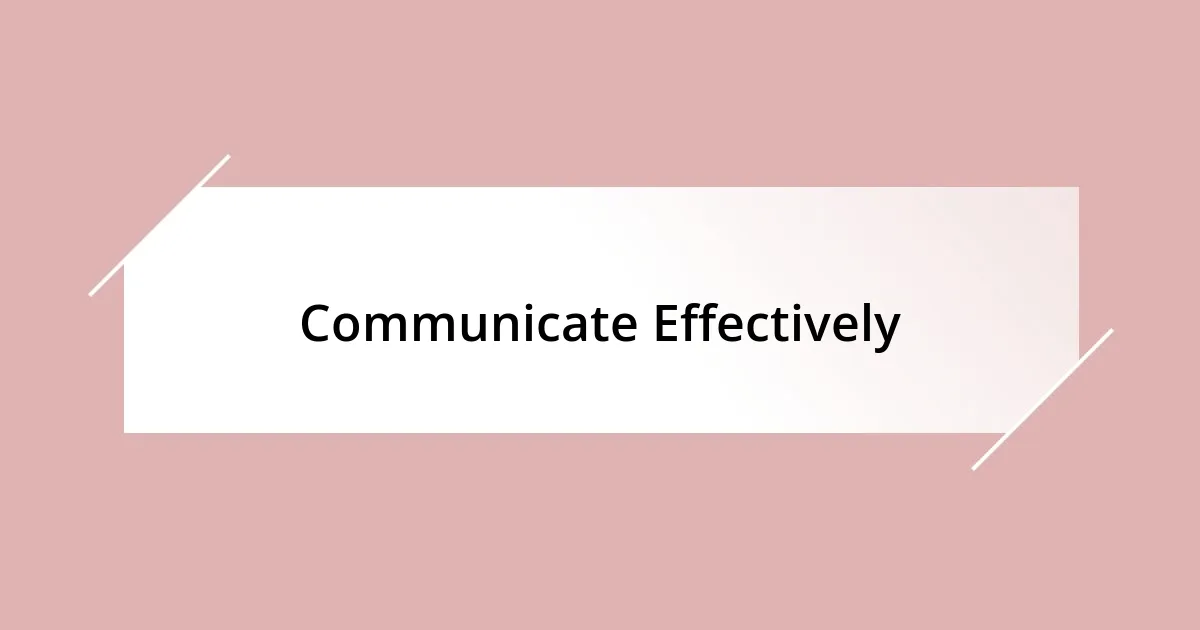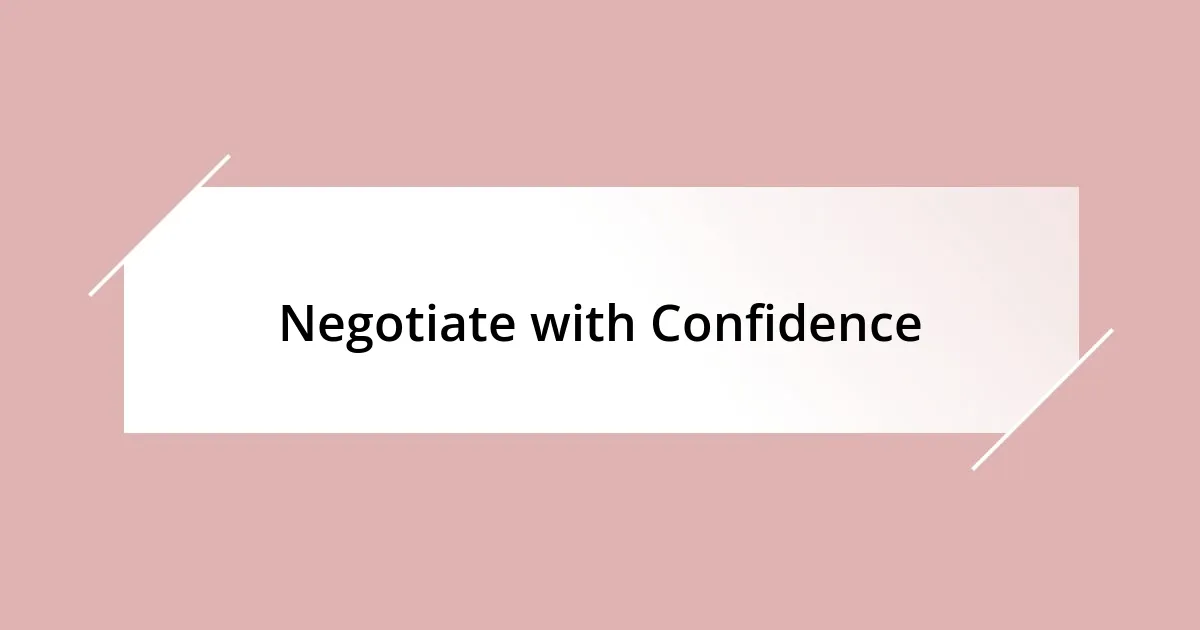Key takeaways:
- Research your worth by gathering salary data, considering factors like location and experience to support your negotiation.
- Build a strong case by documenting quantifiable achievements and aligning your contributions with organizational goals.
- Choose the right timing for your request, ideally after successful projects or during performance reviews.
- Follow up professionally after discussions to maintain momentum and reinforce your commitment to the conversation.

Research Your Worth
Understanding your worth in the workplace is essential, and one of the first steps is to gather real data about salaries in your field. I remember when I was nervous about discussing my salary; a quick online search revealed that I was underpaid compared to industry standards. Can you imagine the confidence boost I felt knowing I had concrete evidence to support my case?
Diving deep into salary surveys and industry reports can provide a clearer picture of your market value. I once stumbled upon a comparison tool that showed my responsibilities aligned with a higher-paying role in another organization. Isn’t it empowering to uncover that your skills and expertise might be worth more than what you currently earn?
Don’t forget to consider factors like location, experience, and field trends. When I moved to a city with a booming job market, it became clear that my salary needed a reevaluation. Have you thought about how your unique circumstances could influence your worth? Recognizing these nuances can make a significant difference in your next salary negotiation.

Build Your Case
Building a solid case for a salary raise requires more than just a desire for more money; it’s about presenting a well-articulated argument backed by facts. When I prepared for my last salary discussion, I created a detailed list of my achievements over the past year that directly contributed to my team’s success. I found it invaluable to quantify my impact. For instance, demonstrating how a project I led not only met deadlines but increased productivity by 25% really highlighted my value.
To make your case even more compelling, it can be helpful to align your contributions with the overall goals of your organization. During my negotiation, I drew a comparison between my role and the key objectives of my department. This approach didn’t just emphasize my past achievements; it also showcased how investing in me would contribute to the future success of our team. Have you ever linked your personal growth goals to your company’s mission? This can truly illustrate your commitment and foresight.
Finally, remember that confidence is key. I vividly recall feeling a bit anxious before my meeting, but reminding myself of the extensive research and evidence I gathered helped me speak assertively. Each of us can feel more empowered when we come prepared. Isn’t it reassuring to think that with a little effort, we can transform our negotiating stance into a compelling dialogue?
| Evidence Type | Example |
|---|---|
| Quantifiable Achievements | Increased revenue by 15% through a successful marketing campaign. |
| Organizational Goals Alignment | Linked project success to departmental growth objectives. |
| Personal Growth | Expanded skill set through certifications relevant to the job’s future direction. |

Timing Your Request
Timing plays a crucial role in making a salary request. It’s not just about what you say, but also when you say it. I remember when I strategically chose to approach my manager right after successfully completing a major project. The momentum from that success made the conversation feel more natural and timely. Similarly, aligning your request with performance reviews or budget planning periods can position your ask favorably.
Here are some moments to consider for your request:
– Following a successful project or achievement
– During performance reviews or appraisal cycles
– At the start of a new fiscal year or budget cycle
– After acquiring new skills or certifications
– Following positive feedback from your manager or peers
Identifying these key moments can help you present your case with greater confidence and relevance. Consider how the timing of your conversations can ultimately influence the outcome.

Communicate Effectively
Communicating effectively during salary discussions is crucial, and I often emphasize clarity and assertiveness in my approach. When I had my salary negotiation, I made a point to practice what I wanted to say beforehand. This preparation allowed me to express my requests clearly, without stumbling over my words. Have you ever practiced a conversation to feel more confident? It can make a world of difference.
I also found that active listening played a significant role. During one of my discussions, I noticed my manager seemed more receptive when I paused and allowed them to share their thoughts. Their feedback not only showed that I valued their opinion but also provided insights I could use to adjust my approach. Feeling heard is key—how do you think that makes your performance and ambitions stand out?
In addition, maintaining a positive and collaborative tone is essential. I made it a point to emphasize my enthusiasm for our team’s goals and how I envision myself contributing even more in the future. This shift from a confrontational mindset to a partnership mindset helped create an atmosphere of mutual respect. Have you ever shifted a conversation from demand to collaboration? It can transform the outcome in remarkable ways.

Document Your Achievements
Documenting your achievements is essential for effectively advocating for a salary raise. I learned this firsthand when I created a simple spreadsheet to list my contributions over the past year. Not only did this visual representation help me see my growth, but it also served as a powerful tool during discussions. How could a clear record of your successes change the way you approach your next salary conversation?
Every time I reached a milestone, whether it was exceeding sales targets or completing a challenging project, I made it a habit to jot it down. This practice not only gave me a sense of accomplishment but also reinforced my value to the company. When it came time to negotiate, having tangible evidence of my impact made me more confident. Have you ever considered how documenting your wins can shape both your mindset and the narrative you present?
Looking back, I remember how daunting my first salary conversation felt. However, having a well-organized list of achievements at hand empowered me to articulate my value clearly. It showed my manager that I wasn’t just asking for a raise but providing a compelling case based on proven results. This shift in focus can turn a request into a productive dialogue—how might your achievements weave into the story of your career advancement?

Negotiate with Confidence
H2: Negotiate with Confidence
When it comes to negotiating a salary raise, confidence truly is key. I remember sitting across from my manager, heart racing, and yet, I took a deep breath and reminded myself of the value I brought to the table. That self-assured moment instantly shifted the energy of the conversation. Have you ever felt that jolt of confidence when you realize your worth? It can turn a daunting discussion into an empowering exchange.
Practicing negotiation scenarios in advance can also be a game changer. On one occasion, I spent time role-playing with a trusted friend, rehearsing key points and counterarguments. This preparation helped me anticipate my manager’s reactions and concerns. By the time I was at the actual meeting, I felt not only prepared but also genuinely excited to present my case. What if you practiced your pitch before the actual discussion? It can help you express everything with a clarity that resonates.
Lastly, adopting a mindset of collaboration can significantly bolster your confidence. During my last negotiation, I approached the conversation as a partnership rather than a conflict. I made it a point to say, “I want to contribute even more to our team’s success.” This kind of language emphasizes unity and shared goals, which seemed to disarm any initial tension. Have you experienced how collaboration can empower negotiations? It’s incredible how shifting perspectives can enhance the overall outcome.

Follow Up Professionally
Following up professionally after your salary discussion is crucial for maintaining momentum. I once had a meeting where I felt the conversation went well, but after a week of silence, I began to doubt the outcome. Sending a simple, courteous email a few days later thanking my manager for their time—and reiterating some key points from our conversation—not only reaffirmed my interest but also put my case back in their mind. How often do we overlook the power of a respectful follow-up? It’s amazing how a few thoughtful words can make a lasting impression.
When crafting your follow-up, focus on expressing gratitude and summarizing your discussion. I remember sending a follow-up note that highlighted our agreement on my contributions while also asking for any additional thoughts they might have had since our meeting. This approach not only helped keep the dialogue open but also showed my initiative. Have you ever thought about how staying engaged can shape your professional relationships? Following up shows that you value the conversation and are invested in its outcome.
Finally, be patient yet persistent. After my follow-up, I gave my manager a couple of weeks to respond, but I made it a point to reconnect if I hadn’t heard back. That gentle nudge, combined with my organized documentation and clear goals, ultimately led to a satisfying outcome. How can you seamlessly blend professionalism with persistence in your follow-up strategies? By doing so, you not only reinforce your commitment but also pave the way for future discussions.














